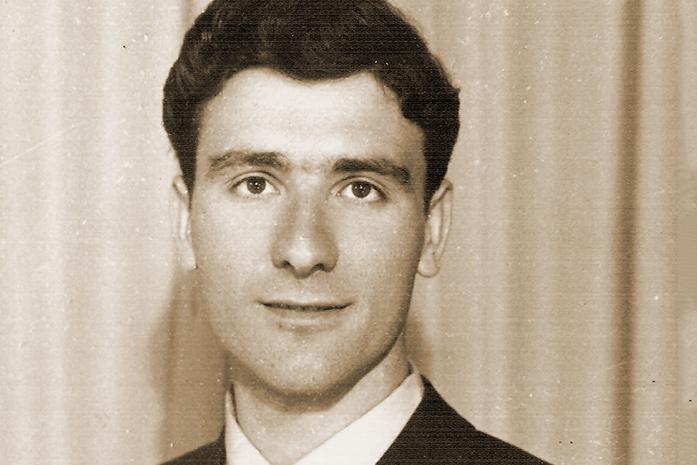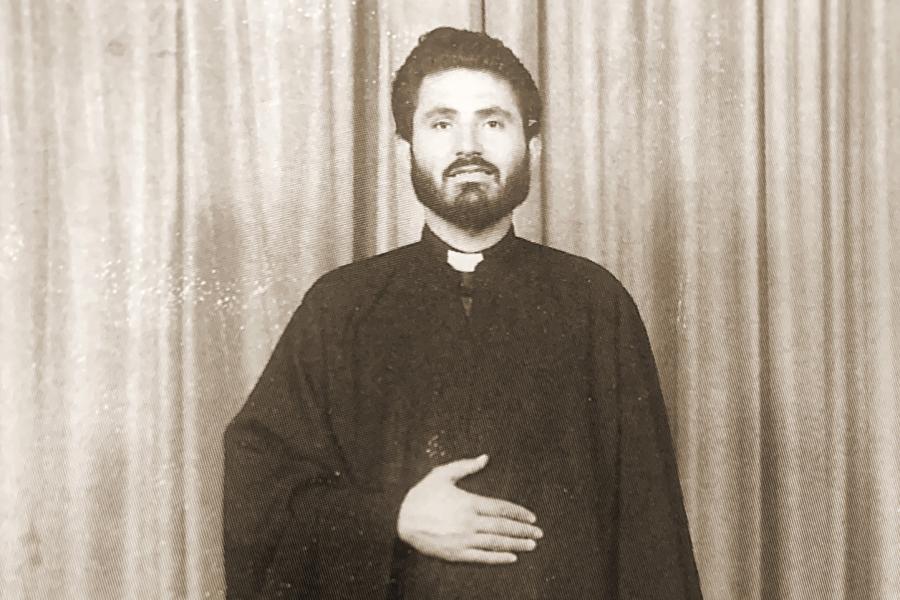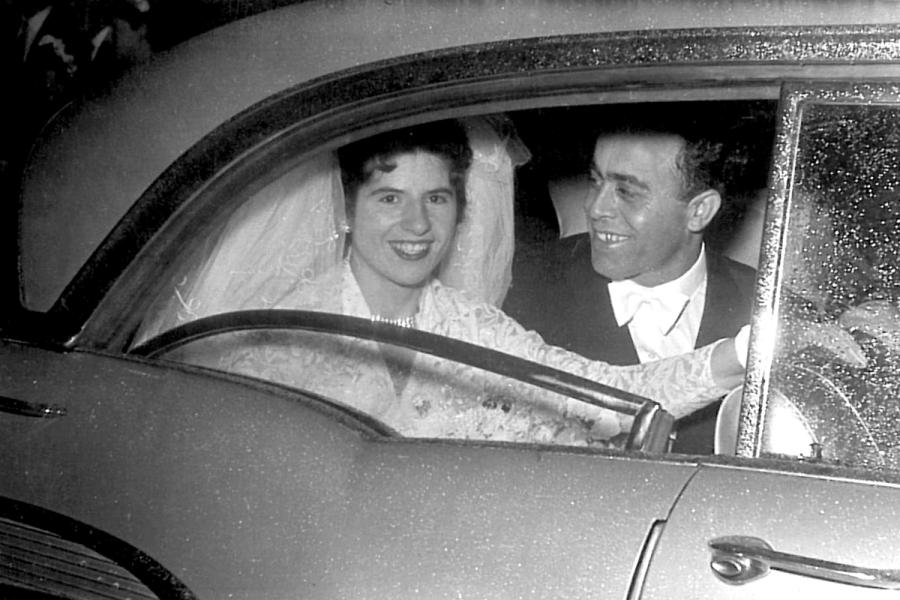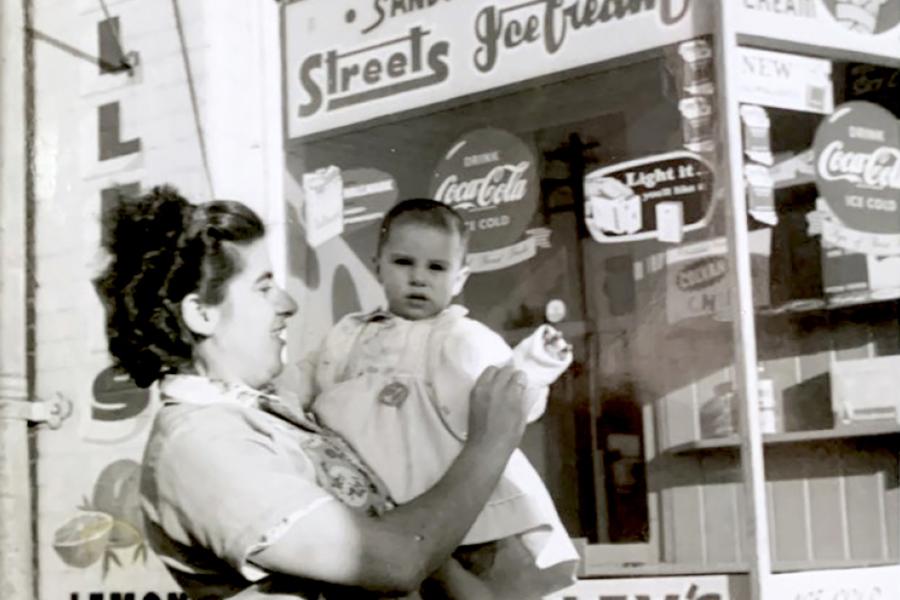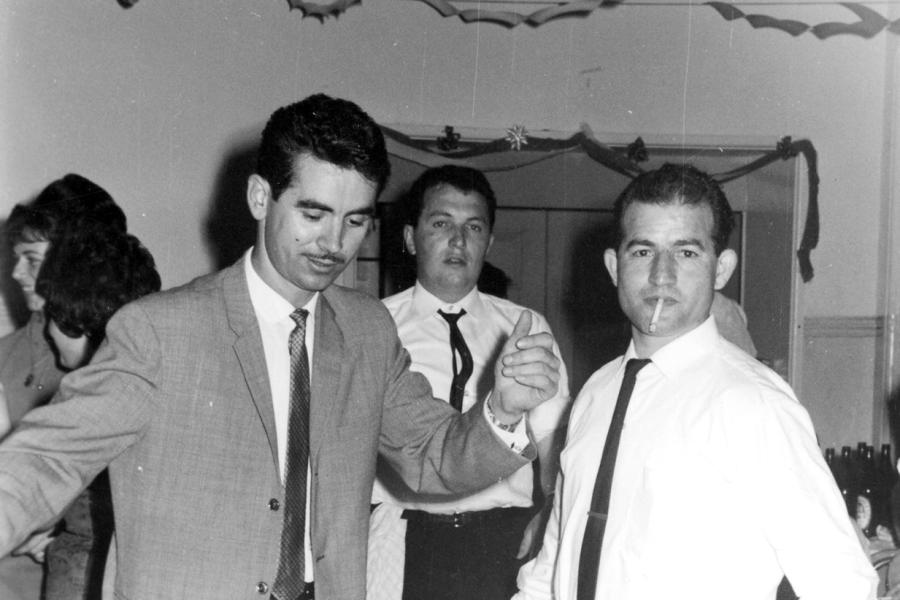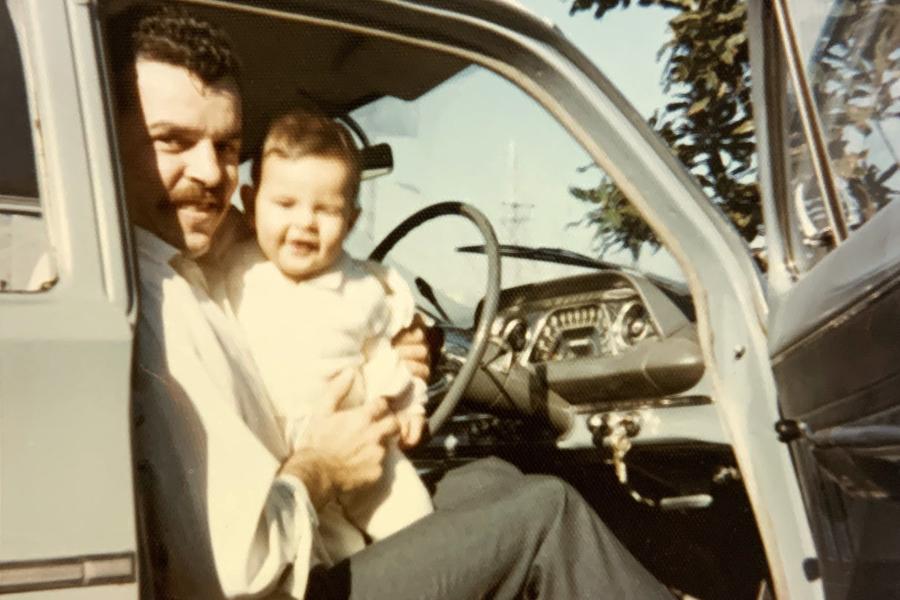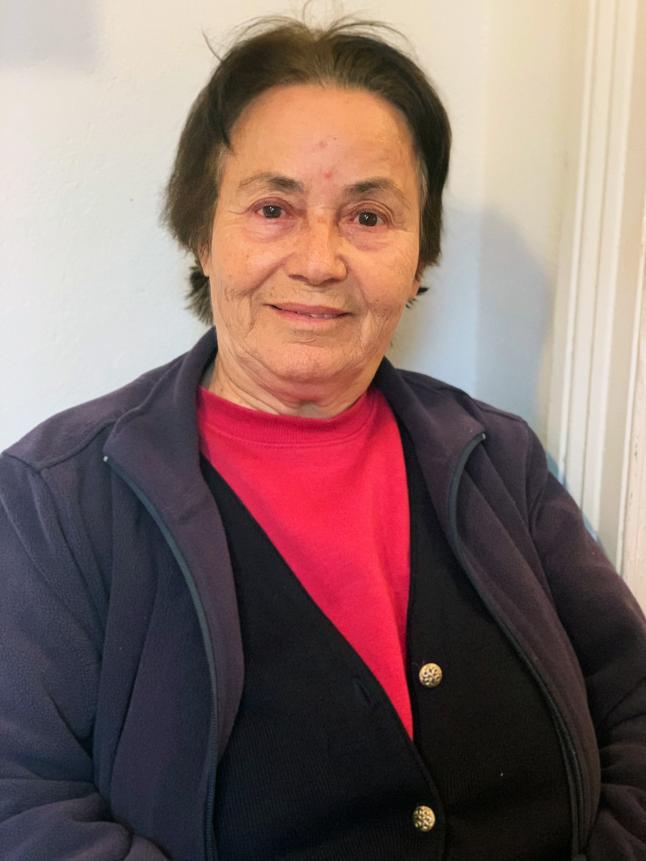

Speaker background
Dimitra Kandylas was born in 1942 in Thana, a village outside of Tripoli in the Peloponnese region of Greece. She spent her childhood attending school, helping her family with domestic duties and working on the land. Dimitra arrived in Sydney in 1963 following an invitation from her cousin, who owned a home in Marrickville, in Sydney’s inner west. Within days of her arrival, Dimitra found work in a textile factory. Over the years, she held various factory jobs as she searched for better pay and conditions. Her marriage was arranged by ‘proxenio’, and, initially, the couple lived in a shared household which included her husband’s brother and mother. Dimitra and her husband eventually bought their own home in Bexley, where they raised their two children.
Interview summary
Dimitra recalls the difficult conditions her family endured in Thana. She talks about her decision to migrate to Australia in the hope of reducing her father’s economic burden and expresses her gratitude to her cousin already in Australia, who looked after her as well as his six unmarried sisters. She recounts the physical and emotional strain of working long hours in various factory jobs.
Interview highlights
highlight
Dimitra recalls the emotional scene when she farewelled her mother in the village. She was escorted to Athens by other family members to board the ship, Patris.
Dimitra: This day when it comes around, I feel deep bitterness because my mother was holding me like this and she was yelling ‘My child, my child,’ and a neighbour came and pushed me into the taxi. And on this day every year, it comes into my mind. I will not forget this day. My siblings were crying—they have since died—it is a real separation, but what can you do. You must accept it. We made the decision. Here in Australia, everything was good. My cousin, may the soil which covers him be sacred, was a gentleman. With my respect and my love, they all loved me, and things went well.
Interviewer: What do you recall of your journey on the Patris?
Dimitra: On the Patris we were … my father paid 17-thousand drachmas and we were down on the lower level. There were three girls, a lady who had a small baby and another two were married women. I was in the double bed along with the two girls. Everything was fine. We arrived well, but whatever I ate made me sick.
Timecode 10:53 - 12:13
highlight
Dimitra had suffered an allergic reaction to heat when she had an ironing job at a textile factory in Sydenham. She recalls moving to a nearby factory where she packaged shirts. She recounts the daily pressure from her boss to work faster.
Dimitra: I would start work at 7.30 am and he would come in at 8 am. He would yell, ‘You haven’t produced enough work yet!’ I was patient because we bought our home, we bought a table to eat at and a bed to sleep in, so we wouldn’t have to pay interest. A shop in Marrickville, the Odeon on Illawarra Road, would give us three months interest free. That’s why we had to be so patient. I said, ‘I’ll pay off the bed which I’m sleeping in and the table I’m eating on, so I won’t have to pay interest and then I will leave.’ Once I did that, I had a friend and I asked her if her factory was taking on new workers. I’d come home upset and tired every night. She told me a lady was giving notice and she’ll be leaving. I told her I will come. She came and took me to Kingsgrove where they were making nails for taps. She took me in and said the office is over there. With my broken English, I saw there was a nice man. He did all the checks and told me to start work on Monday. I said, ‘Thank you very much.’
I took a taxi, and I went back to my work in Sydenham. As soon as the Jewish man saw me, he said ‘Why are you late, is it raining outside?’ I said, ‘It’s not raining, but I’ve searched and found another job.’ I said, ‘I give my notice now, I’ll finish on Friday.’ That’s how it happened.
Timecode 37:05 - 38:38

